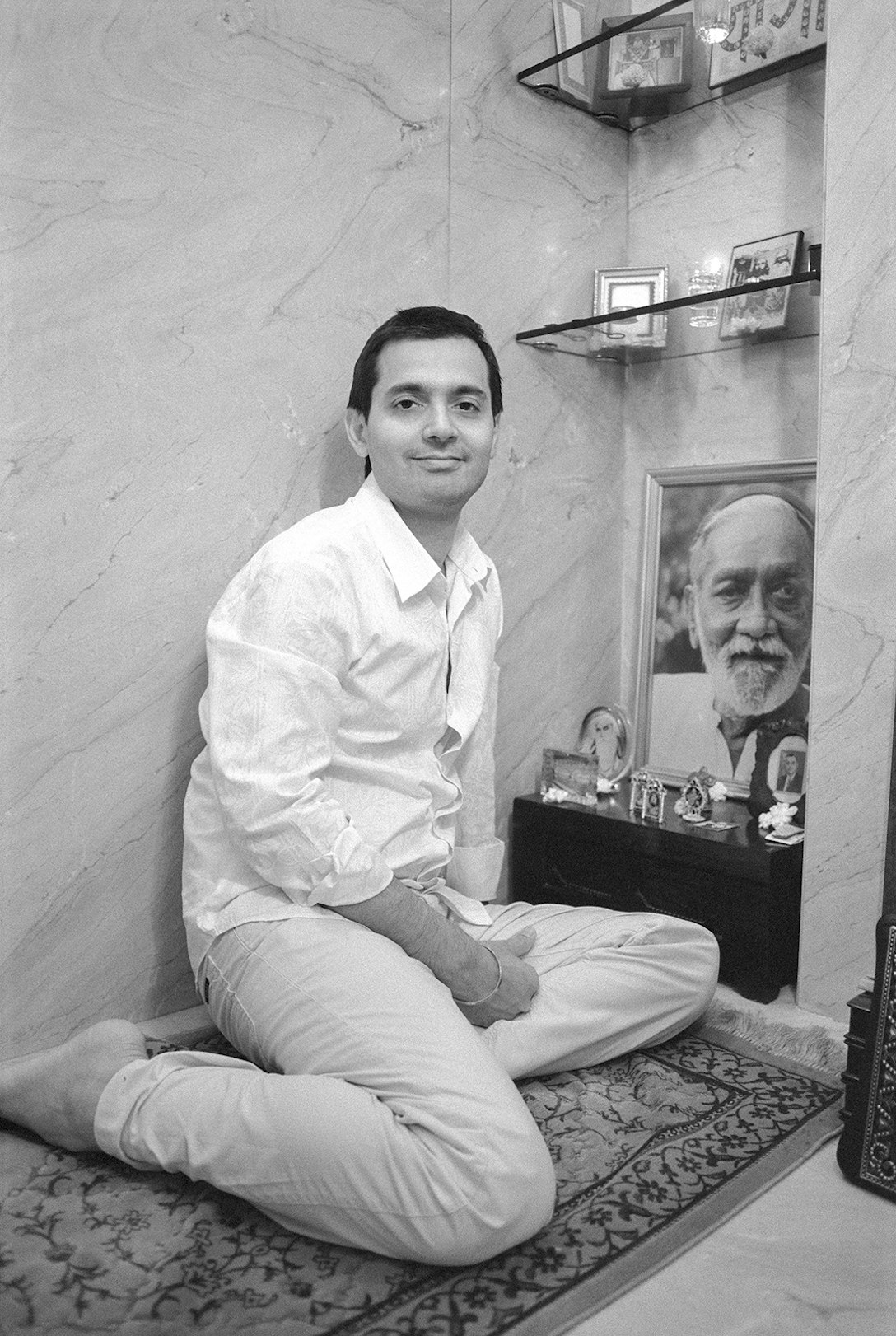
Baman K. Mehta
Mumbai, India
Higher Principles in Business
As a student, you turn to God for your exams. From the results that I got, I obviously didn’t either turn to God or He didn’t actually reach out and help me.
I think it was in business when things used to be very, very difficult; when doing business in India was still a challenge, when the environment was a challenge, and even more so 25 years ago when our business was smaller. We were not buffeted by forces as strong or powerful as there are now, but for a 16-year- old, it was quite a challenge.
Turning to my guru—turning to a force that was more powerful than me and who was a gentle, knowledgeable, wise power—was something that I needed to turn to because of two reasons. One, because of business. Two, because of how I am as a person.
My brother and I run our business together. He is a stronger, self-believing individual. Therefore, when I compare us and I am able to understand myself better, my need to turn to a higher power, my need to do business in a particular way as much as possible (which in India sometimes can be difficult) meant that I had to turn towards higher principles.
We carried quite a heavy burden because our company, Darashaw, had a reputation. We are now an 80-year-old company; at that time, it was a 60-year-old company. And the balance was to tell people that, look, we are not saints, but yes, we definitely try to do business in a particular manner.
So it meant creating a philosophy for the organization—creating a philosophy for ourselves—trying to find a synthesis between spirituality, religion, and day-to-day practices.
Explore the portraits by theme
- happiness
- grief
- addiction
- sexuality
- sobriety
- transgender
- alcoholism
- suicide
- homelessness
- death
- aggression
- cancer
- health
- discipline
- abortion
- homosexuality
- recovery
- connection
- enlightenment
- indigenous
- depression
- meditation
- therapy
- anger
- forgiveness
- Doubt
- interfaith
- worship
- salvation
- healing
- luminaries

